Fine Motor Skills Extra Challenge English for Beginners Worksheets for 7-Year-Olds
9 filtered results
-
From - To
Enhance your child's fine motor skills while boosting their English proficiency with our "Fine Motor Skills Extra Challenge English for Beginners Worksheets" tailored for 7-year-olds. Designed to improve hand-eye coordination and dexterity, these engaging and interactive worksheets also foster a strong foundation in English as a Second Language (ESL). Perfect for young learners, each activity combines fun with learning, helping your child meticulously trace, write, and draw while picking up essential language skills. Ideal for both classroom and home practice, these worksheets offer a comprehensive educational experience, ensuring your child excels in both fine motor development and early English learning.


Letter A Tracing Page
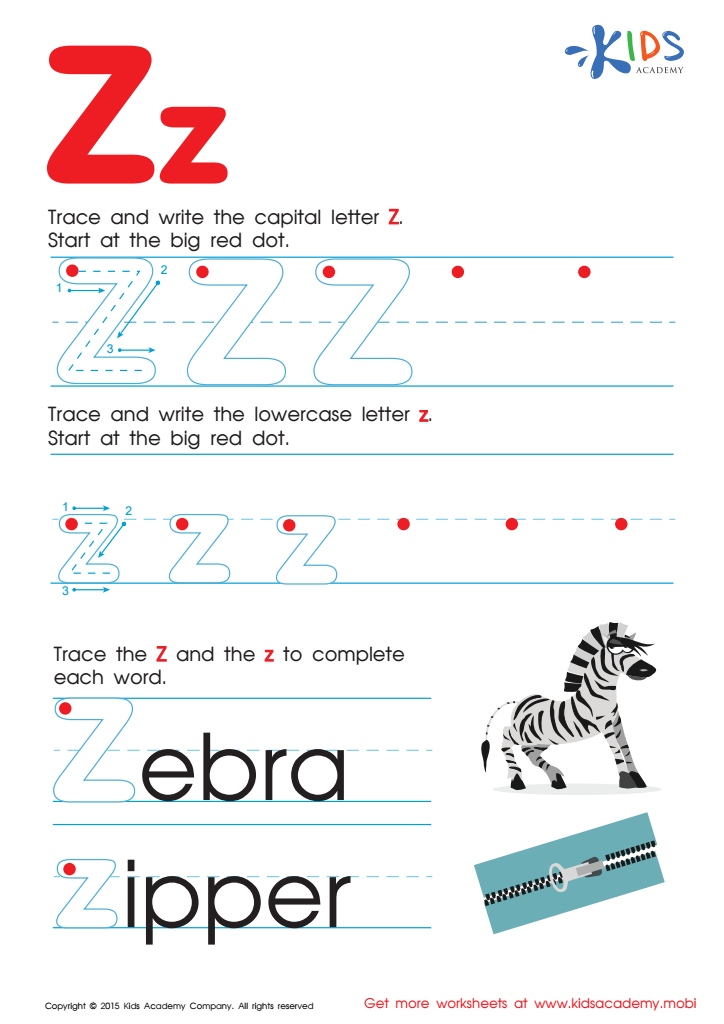

Letter Z Tracing Page


Letter R Tracing Page


Letter X Tracing Page
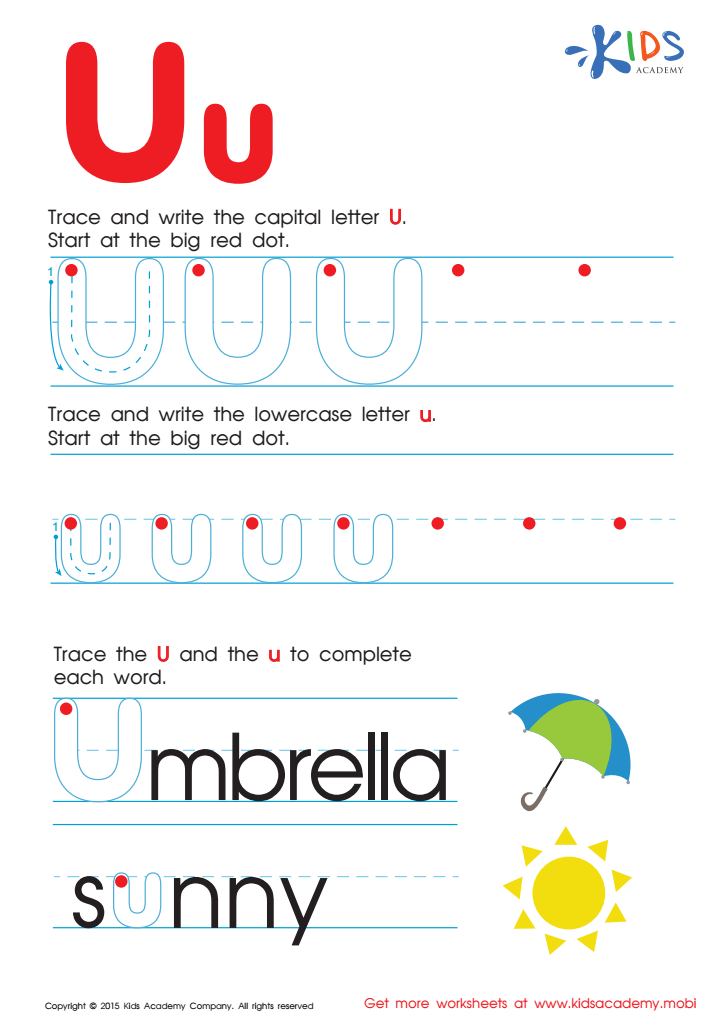

Letter U Tracing Page
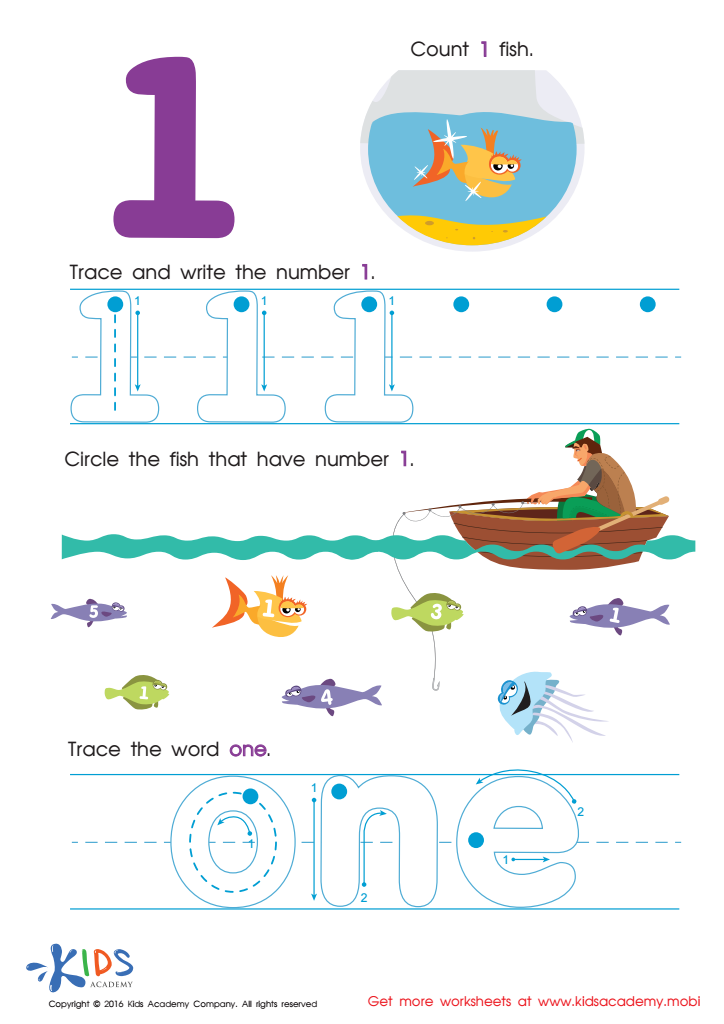

Learning to Write 1 Worksheet
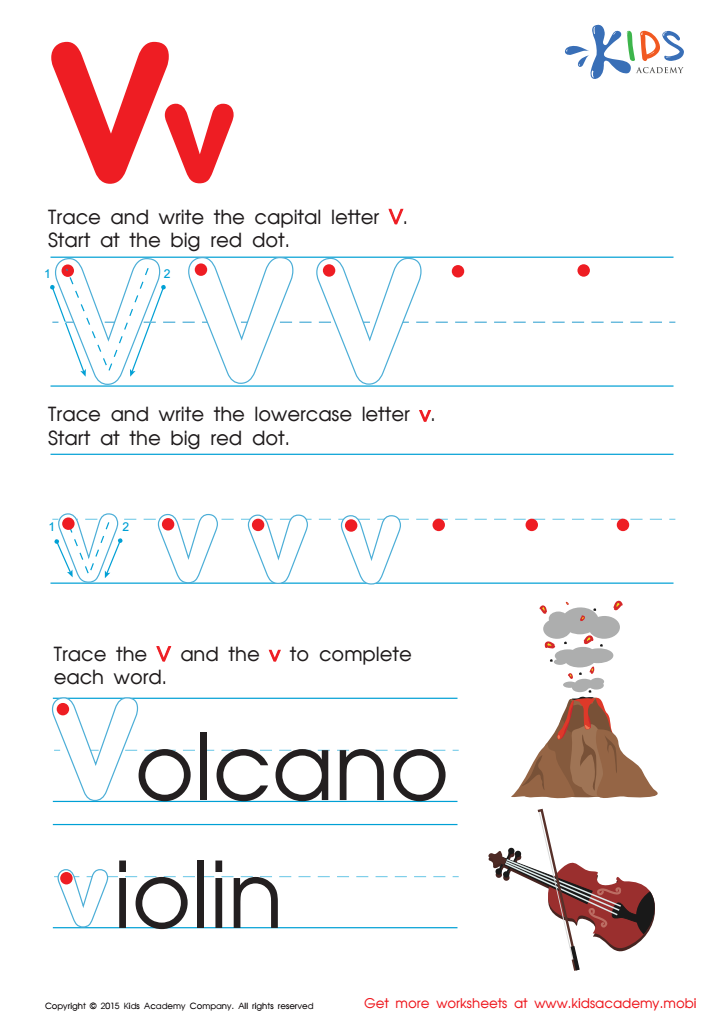

Letter V Tracing Page
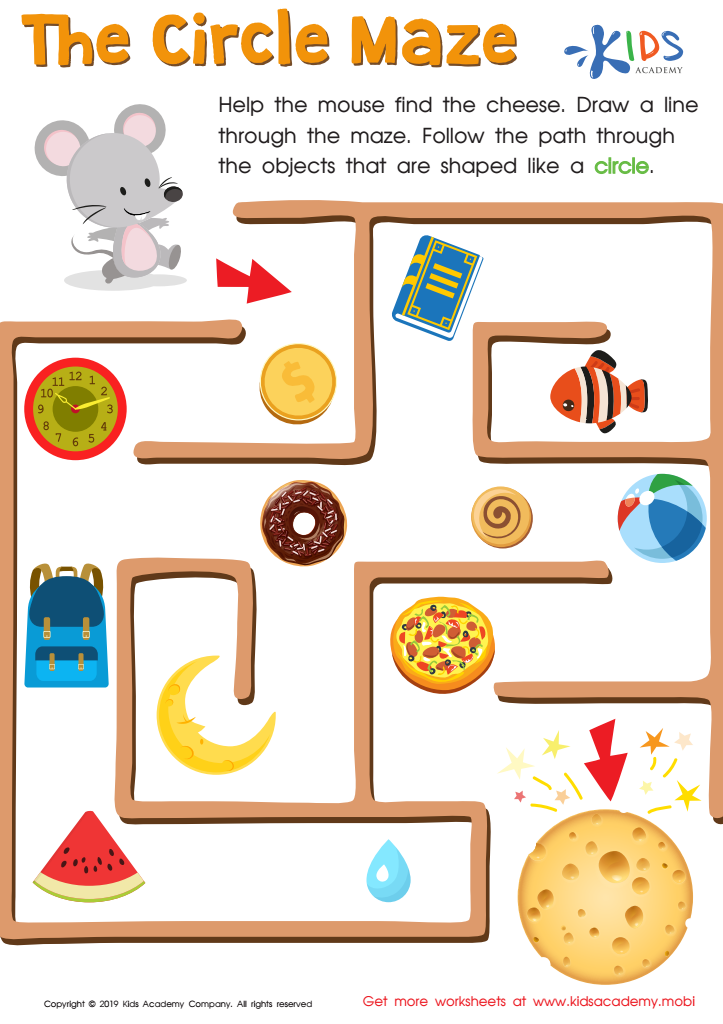

The Circle Maze Worksheet
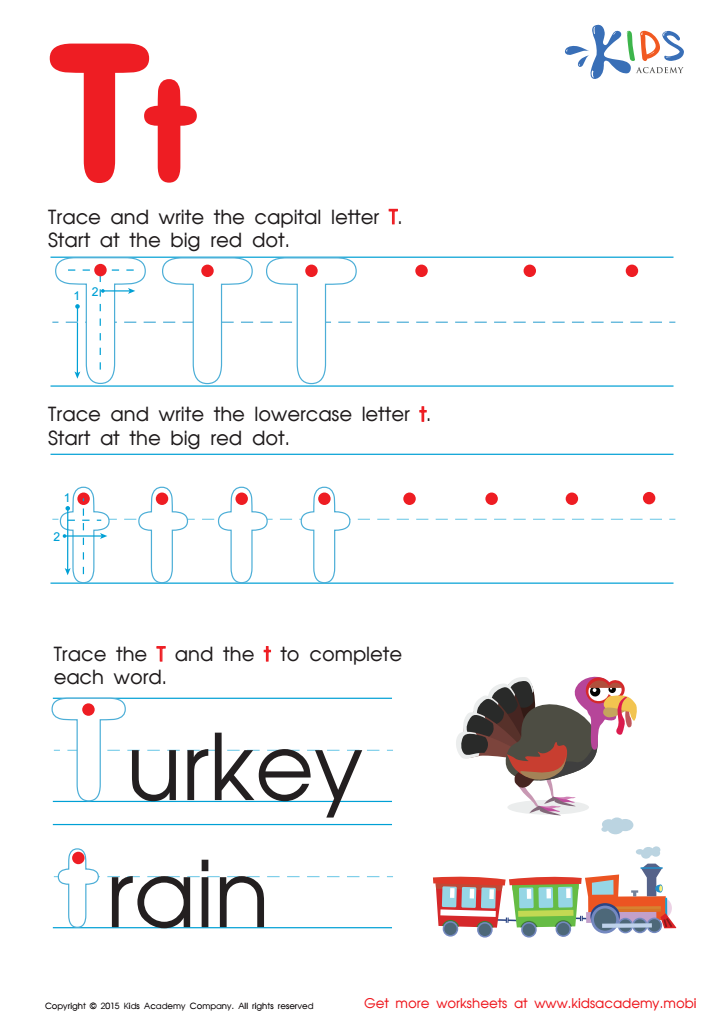

Letter T Tracing Page
Fine Motor Skills Extra Challenges are crucial for 7-year-old beginners in learning English because they build a strong foundation for academic and everyday tasks. At this age, children refine their ability to control small muscles in their hands and fingers, essential for writing, coloring, cutting with scissors, and manipulating objects. Teachers and parents should prioritize these skills because they directly affect a child's ability to master handwriting, which is a fundamental aspect of most educational activities.
Moreover, fine motor skills are linked with cognitive and language development. Activities like writing letters and shaping words reinforce memory retention and comprehension in English. For English beginners, these activities provide a hands-on approach to learning vocabulary and sentence structure, encouraging them to translate spoken language skills into written form.
Additionally, developing fine motor skills enhances children's independence and confidence. When tasks such as tying shoes, buttoning shirts, or opening lunch containers become easier, children feel a sense of accomplishment, bolstering their self-esteem and eagerness to tackle new challenges.
Engaging in fine motor skills challenges also promotes concentration, attention to details, and patience—traits beneficial not only for language acquisition but for overall educational growth. Therefore, nurturing fine motor skills in 7-year-old learners sets the stage for lifelong academic and personal success, making it a critical focus for parents and teachers alike.
 Assign to My Students
Assign to My Students


















